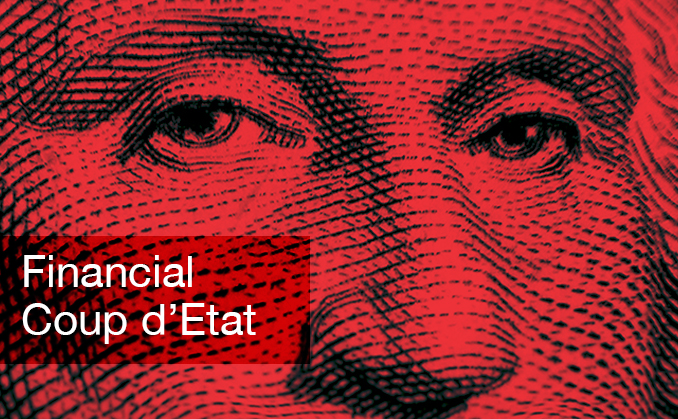
Listen to the MP3 audio file
The Solari Report – 15 Jan 2009
In 1997, I had approximately $500,000 of assets sitting in a 401(k) at T. Rowe Price. The funds represented a portion of the money I saved while working on Wall Street. After I left the Bush Administration, I used these funds, along with the proceeds of the sale of my house, to start a company called the Hamilton Securities Group.
It was not long before Hamilton Securities was successful and repaid my 401(k) the funds that had given it life.

A few years later, the federal loan sale program for which Hamilton served as financial advisor was the target of a highly politicized “investigation” by the federal government. A new Housing Secretary was eager to assist the Federal Reserve and Treasury in engineering a housing bubble: honest people had to go.
After a year of beating back false allegations, the government put my 401(k) under audit. My company’s chief financial officer and I looked at each other and said, “Uh-oh.” Somebody was trying to prevent me from borrowing the money.
Sure enough, a few months later the U.S. Department of Housing and Urban Development (HUD) created a pretext to withhold monies owed to Hamilton and demanded several hundred thousand dollars of contract close-outs. Our bank received anonymous tips which persuaded them to pull our credit line. Our insurance company breached its obligation to fund our attorneys. And (surprise, surprise) our auditors said that the audit meant I could not arrange a loan from my 401(k) to Hamilton Securities. We were to learn in time that the auditors were quite dirty in the affair.
Fearless by nature, I closed out my 401(k) without blinking an eye, paid $225,000 in taxes and penalties, and loaned the remaining money to Hamilton Securities for contract compliance and legal expenses. I hired an excellent attorney on contingency and sued the federal government for the monies owed.
And we eventually won.
The moral of the story was that if you stand in the way of the largest housing bubble and pump and dump in history, it pays to have a nest egg.
After winning the case, my accountant hoped that some or all of the settlement would repay Hamilton’s legal expenses. Thrilled at the possibility, she said, “The first thing we’ll do is set up a new 401(k).”
“No,” I said. “I will never have an IRA or 401(k) again.” To this day, I never have. Fool me once, shame on you; fool me twice, shame on me.
I assumed that my situation was unique – I hold highly visible positions – and that most people had nothing to worry about. There are numerous benefits to building savings in a 401(k) or IRA, although many of these plans are restricted in their investment choices. With persistence, someone can usually make such investment vehicles work for them. So, I had never considered the possibility of overt or covert confiscation of IRAs and 401(k)s until I read one of Franklin Sanders‘ comments about gold confiscation:
“Finally, gold and silver today don’t represent the huge pool of wealth they represented in 1933. [Solari note: the US government confiscated gold in 1933.] Why risk wide-spread disobedience to steal such a tiny plum? If the government wants to steal a big pool of wealth, they’ll snatch your pension funds and IRAs, not your gold.”
In fact, if you look at the value of most 401(k)s and IRAs lately, a great deal has already been “confiscated.” The mainstream media has described these losses as part of the normal economic cycle, but this is a fallacy. The losses are the result of a financial coup d’etat, including fraudulent housing bubbles, pump and dump schemes, naked short selling, precious metals price suppression, and active intervention in the markets by the government and central bank. Which begs the question, where is all this going?
I began hearing questions about whether it was safe to leave money in 401(k)s and IRAs late last year. These questions were due, in part, to a report in the Carolina Journal that floated the idea of federally-managed retirement accounts. And there were other concerns: the ease with which financial interests have manipulated Congress, the passage of the highly unpopular bailout package in 2008, and the growing federal deficit. These issues have raised the possibility of greater financial losses in 2009, increased capital controls, and possible constraints on 401(k)s and IRAs.
Enter the Wall Street Journal. Last week, a front-page article in the Journal examined recent 401(k) losses: Big Slide in 401(k)s Spurs Calls for Change. Here’s an excerpt:
“About 50 million Americans have 401(k) plans, which have $2.5 trillion in total assets, estimates the Employee Benefit Research Institute in Washington. In the 12 months following the stock market’s peak in October 2007, more than $1 trillion worth of stock value held in 401(k)s and other “defined-contribution” plans was wiped out, according to the Boston College research center. If individual retirement accounts, which consist largely of money rolled over from 401(k)s, are taken into account, about $2 trillion of stock value evaporated.”
First of all, as I have pointed out many times, money does not simply disappear. It goes somewhere. The fact that $2 trillion has suddenly “evaporated” may mean that some, even greater, corresponding value is now under new ownership. And, in this case, the owners are no longer ordinary investors. If you have doubts about this, see my definition of “pump and dump”.
The Journal article also raised the possibility of changes in the structure of 401(k) accounts:
“Congress has begun looking at ways to overhaul the 401(k) system … One such plan called for establishing accounts that would receive annual contributions from the federal government, and would offer a guaranteed, but relatively low, rate of return. Another proposed automatically investing contributions in an index fund that holds stocks and bonds, with the mix getting more conservative as workers approach retirement.”
So, the solution is that the victims cede even more power to the perpetrators. Who’s pushing these ideas? Why is the Wall Street Journal floating such a trial balloon on the front page?
I live in an area with increasing tornado activity, but I am not planning on selling my home because of these risks. I know how to track storm warnings. I have a disaster preparedness kit and I know where the town’s storm cellar is located. With this in mind, I am not advising anyone to pull their money from a 401(k) or IRA. But, I do think we should understand the rules associated with this process. We should also make it clear to Congressional representatives that any tampering is not acceptable.








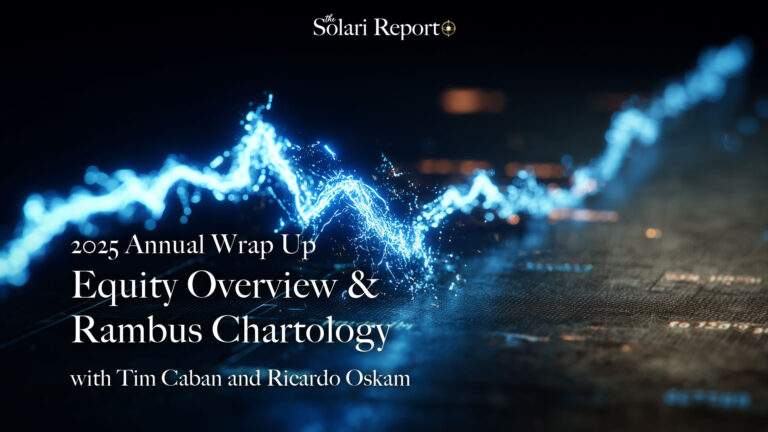
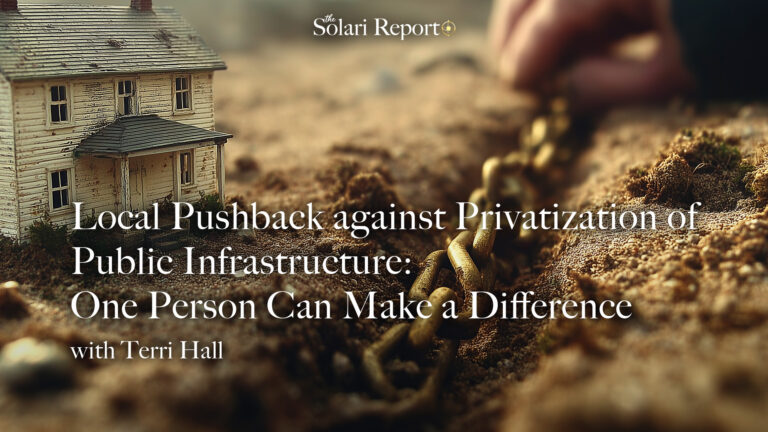
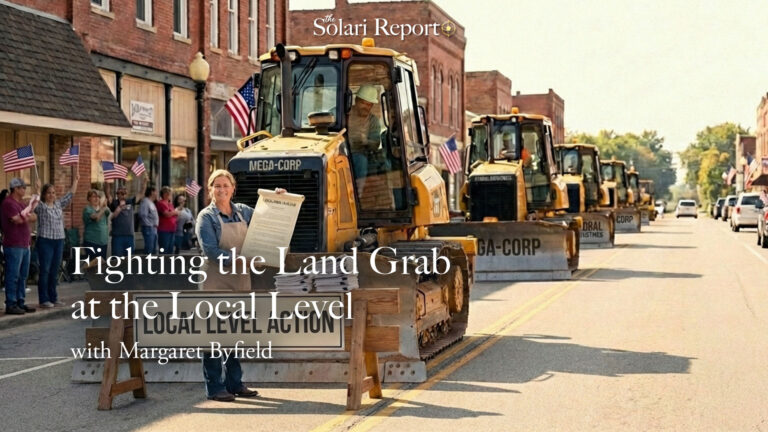

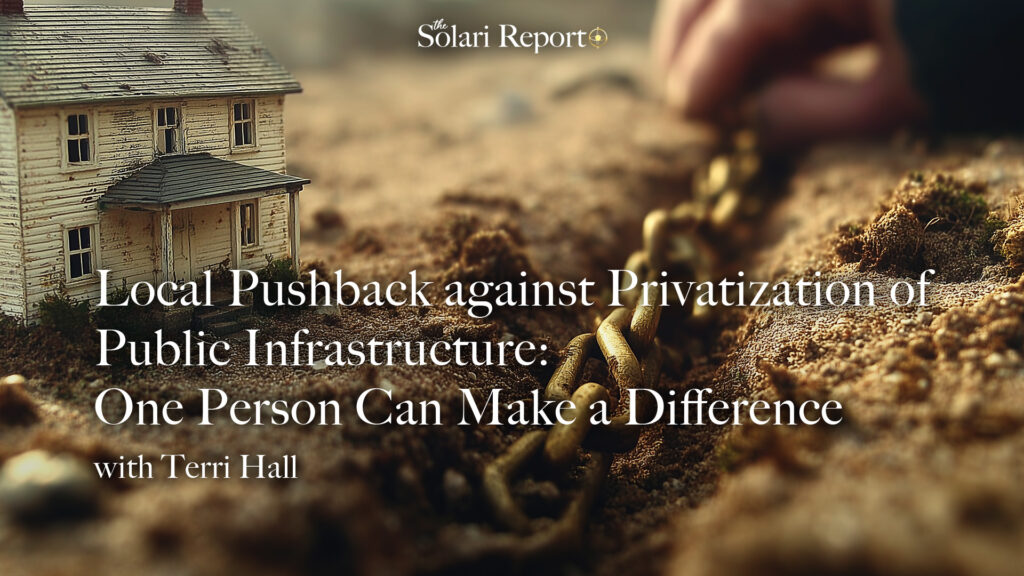
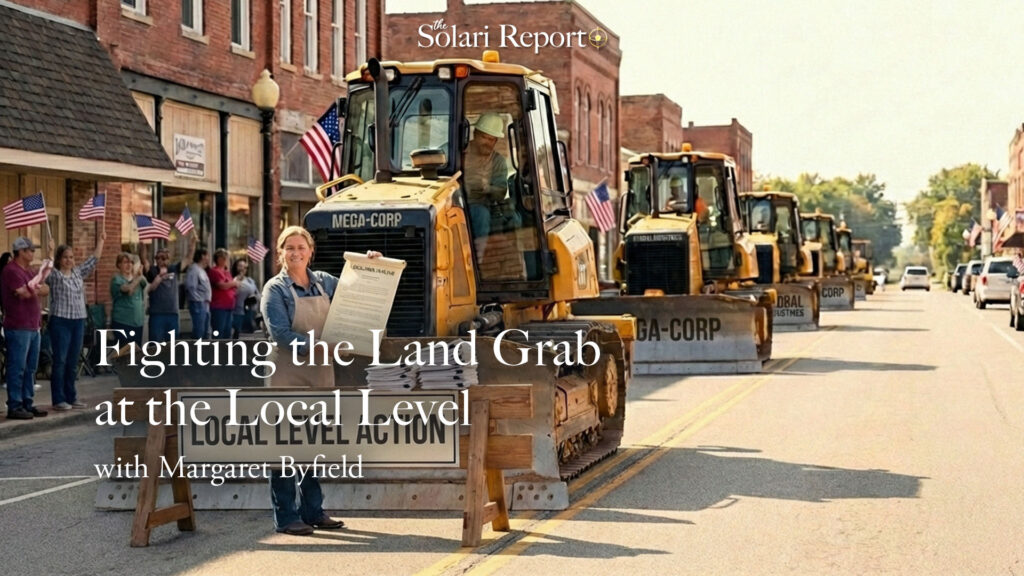












































































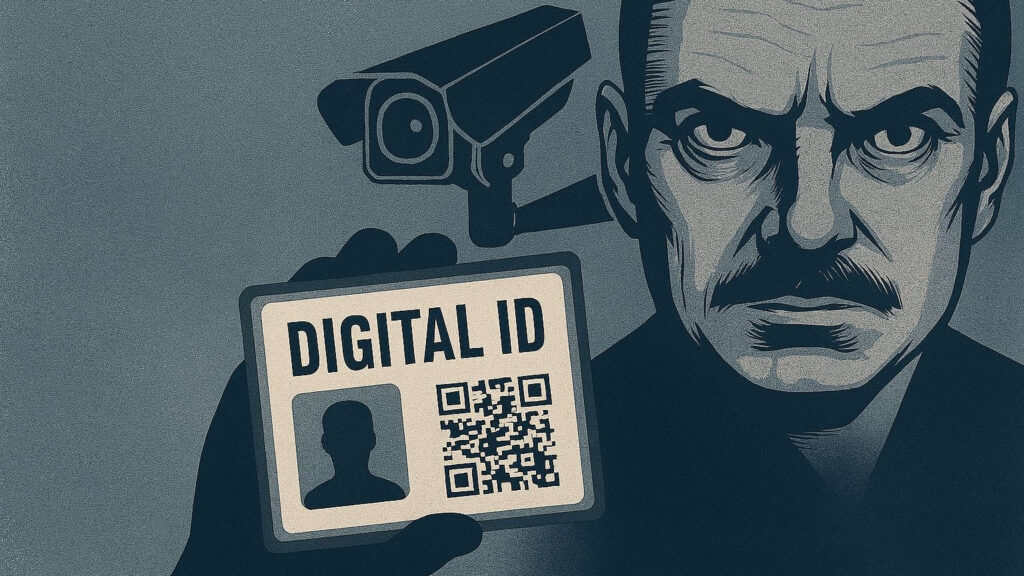







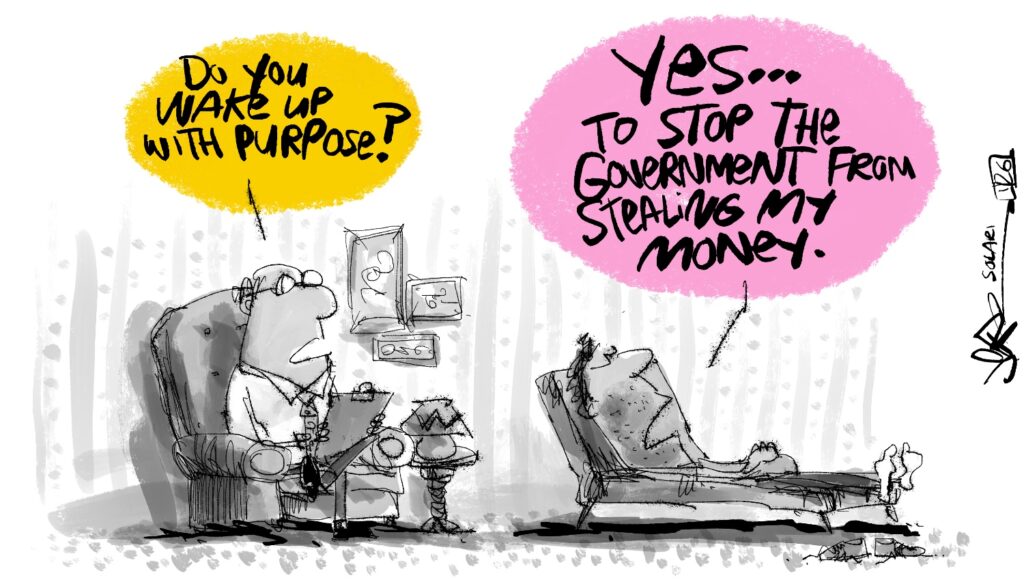



















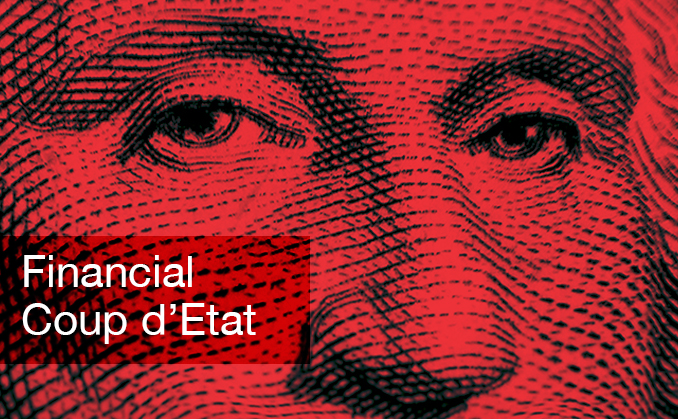

Catherine,
What do you think about todays newest development over at HUD?
Heres a video of the story from MSNBC’s Countdown with Keith Olbermann
Please watch it, im dying to hear your take on this one.
With Respect,
J.P.
PS – The HUD story story starts at 1 minute 30 seconds into the video.
.msnbcLinks {font-size:11px; font-family:Arial, Helvetica, sans-serif; color: #999; margin-top: 5px; background: transparent; text-align: center; width: 425px;} .msnbcLinks a {text-decoration:none !important; border-bottom: 1px dotted #999 !important; font-weight:normal !important; height: 13px;} .msnbcLinks a:link, .msnbcLinks a:visited {color: #5799db !important;} .msnbcLinks a:hover, .msnbcLinks a:active {color:#CC0000 !important;} Visit msnbc.com for Breaking News, World News, and News about the Economy
Solari & Catherine,
MSNBCs code was not done right, Sorry about the code above.
I found the exact video on YouTube, its much easier to view.
Thanks.
J.P.
Link:
http://www.youtube.com/watch?v=xeR63VnwP-A
I am sure the gov will bail me out so I don’t have to file bankruptcy. Or maybe the CEO of GM will donate a mere 8 hours of his pay to me (~$50,000 total, if I remember correctly) and then I would have no problem. Or maybe the gov will reward me with just 17/1,000,000 of the money I tried to save it from wasting. (Especially since the gov wasted it anyhow.) Funny, I haven’t been able to get a decent job since then. Must be bad luck.
JP:
I listened to the piece. My guess is the testimony is being promoted to support greater control over the appraisal industry by the people who engineered the housing bubble. The prime predatory lenders are the beneficiaries of the bailout — Citicorp, JP Morgan Chase, etc. Seems to me this is pretty obvious already.
The predatory lending that occurred was engineered with the aggressive help of the HUD Inspector General’s help — see http://www.dunwalke.com — and involved tremendous armtwisting of appraisers to give inflated appraisals. Now stories of little guys will be used to support a call for even more centralized control of the appraisal industry.
The real solution is the DECENTRALIZATION of appraisal regulation.
Bottom line: Why in the world are you listening to MSNBC?
I’m glad to hear that Three Days of the Condor will be discussed. Boy, that is a great movie and chilling is a great description of it. One of the few movies I enjoy watching every couple of years. Seems due for a remake given the current political climate.
http://news.yahoo.com/s/afp/20090116/wl_uk_afp/britainbankingbarclaysfinance
Not as a reply, just FYI.
Thanks for your site, Catherine – it is very informative.
I pulled about half of my $150K IRA out in mid-2008 to pay down debt and purchase some property. The other half I put with a different IRA custodian specializing in foreign stocks and precious metals. I would have pulled the whole amount if it wasn’t for the ~50% tax and penalty hit. What I need is a way to avoid the tax and penalty this April… At best I will only be able to pay the IRS in installments… Maybe if I file an extension the dollar will tank and the gov’t will default by then…